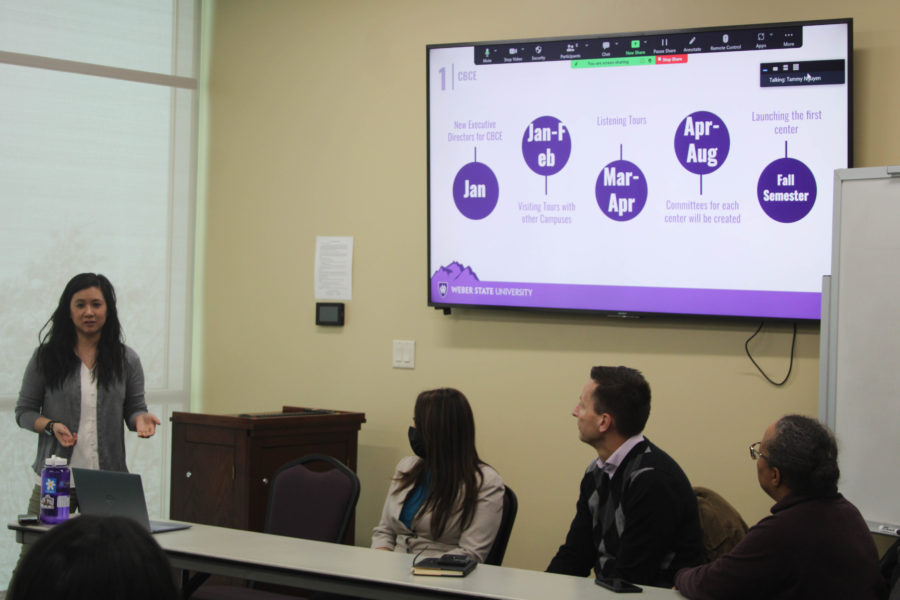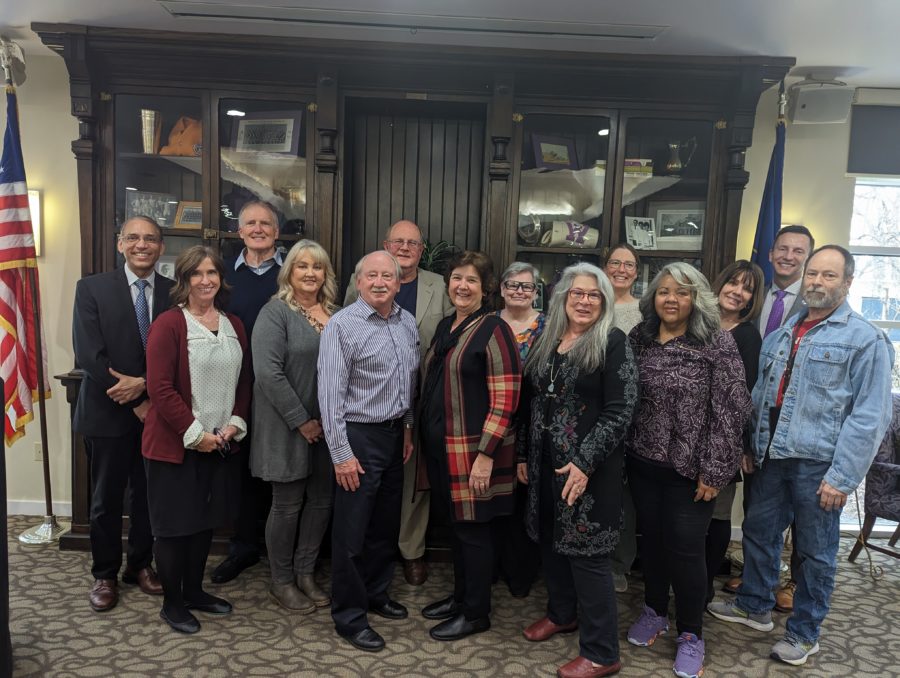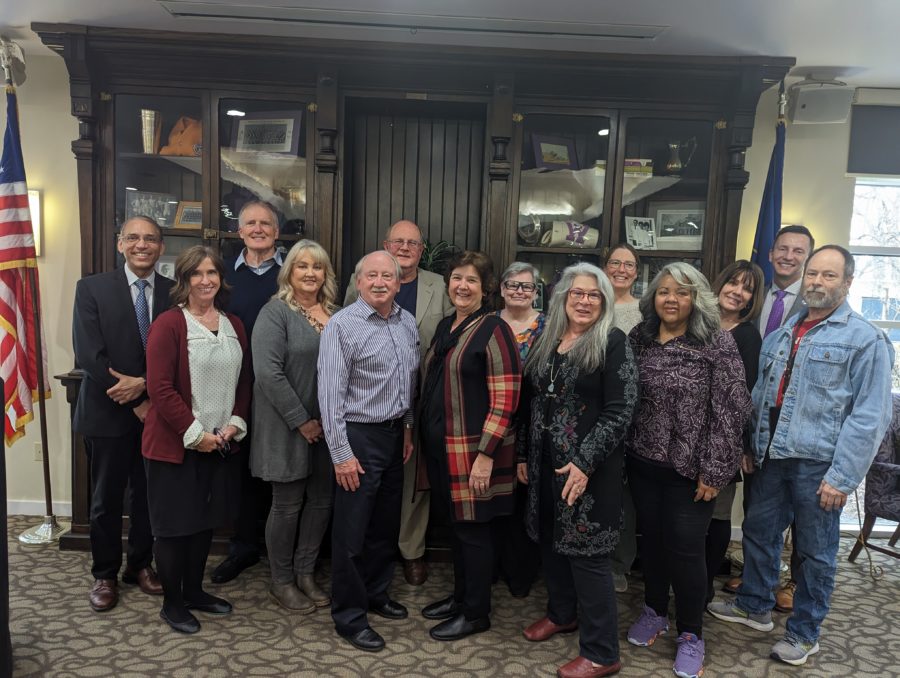
The president of a new secular club at Weber is seeking interested members, recognition and respect from the student body.
Monica Steen says that while religion is, at times, “necessary for some people to function and make good life decisions . . . some of us have learned to do those things without it.”
Steen is president of the Secular Students of Weber. It is a new club on campus that helps people who choose to not affiliate with a specific religion to join a community of like-minded individuals who share their views.
The club itself was founded by Steen last December, and while she is still taking steps to fully engage herself in the club’s promotion, she looks forward to the future.
As of this moment, the club has only two other members who regularly go to meetings, which are usually held once a week. While on average the club gets a new member every week, its biggest setback is finding those who can regularly attend.
“It is hard for people to come out of the atheist/agnostic closet and communicate with each other,” Steen said. She describes members as typically between the ages of 20-29, from varied backgrounds.
If there is one fairly common link between the members, it is that they have expressed feelings of only practicing religious observances due to family pressure. Generally, most members identify themselves as “hardcore atheist.”
Steen’s goals to expand the club’s exposure include scheduling charity events and bringing in public speakers from all different faiths, or those who aren’t religious, to provide a balanced atmosphere that shows respect for all.
“This gives individuals the opportunity to explore other options that they may not already be aware of,” says Kassie Harbath, a 22-year-old junior who has identified herself as non-religious.
“When you grow up nonreligious you are placed in a group that isn’t always necessarily positive, so it’s nice to see that change,” adds Ireland Christensen, 18, who also identifies as nonreligious.
It is clear that most students on campus still have not heard of the club. However, even most religious students expressed a positive opinion towards the club’s presence.
“As a nondenominational and spiritual person, I find it more significant to find a club on a campus which isn’t predominately LDS,” says Hayley Waldbillig, a 22 year old junior. “I feel, as a minority, that it is especially significant to find others in a minority.”
“We can still have our own views and still get along,” said Caitlin Holt, a 19 year old sophomore who identifies as a member of the Church of Jesus Christ of Latter-day Saints. “There should still be camaraderie and respect among fellow students.”
Even with all this openness to the club from students of diverse backgrounds and beliefs, Steen still reports that the club has received persecution. While she really has not had any verbal confrontations, she wonders if that will change as the club gains more momentum.
While she and her fellow club members have put up around 47 signs to advertise the club, she says some days she has to replace as many as 40 due to theft.
“I find it interesting and rather frustrating that people would oppose me because they find my beliefs so farfetched,” Steen said in genuine surprise.
While she does not make any claim that a specific religious person or group is to blame, she remains convinced that someone specific is responsible due to the sheer number of signs stolen, as well as the frequency that they go missing.
Despite identifying herself as committed to atheism, Steen has expressed no desire to tarnish what others believe, instead saying they should form their own religious identity.
“You do not need to let another person’s opinions shape your reality,” she said. “You should not conform to someone’s beliefs just because it seems respectable. You do not need to have the same thoughts as your parents, peers or any other social group.”
Steen’s openness to belief systems that contradict her own is in large part due to the fact that she is an anthropology major, which means she studies world religions and how they influence the world on a daily basis.
“Don’t allow anyone, even in my group to sway your opinions,” she advised. “You need to find the facts that you deem legitimate, whether the source of these facts come from religious texts or the mouth of an atheist.”














